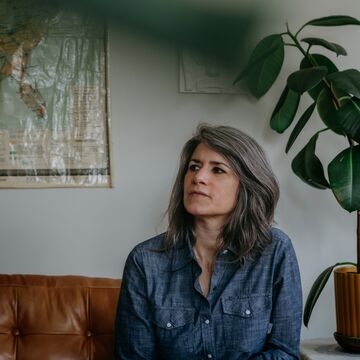

Carla Bruni
Lecturer
Contact
Bio
Carla Bruni is a preservation and sustainability consultant specializing in community engagement and resiliency. Bruni has led workshops and published numerous articles in publications across the U.S. and abroad focused on the changing face of historic preservation, the need for increased diversity across the movement, and the ways in which cultural resources are crucial to our environmental and social wellbeing. Her work with housing organizations and community groups has centered on removing barriers to energy security for thousands vintage homeowners, creating programming and publications focused on home maintenance and local history, and listing a half dozen historic districts in the National Register of Historic Places.
Bruni's environmental work involved working with the U.S. EPA to plan preservation-focused symposia, creating Environmental Justice Reports for neighborhoods that have been affected by coal production plants and other factors, and working in the architectural salvage industry to divert materials from the waste stream. She has also been a part of hands-on disaster relief projects, most often in New Orleans, and worked to introduce and implement the United Nations' New Urban Agenda in Europe and Asia.
Bruni is currently co-authoring a comprehensive, illustrated book of Chicago's homes from pre-Colonial settlements to World War II. Bruni holds a MS in Historic Preservation from the School of the Art Institute of Chicago and a BA from Loyola University Chicago in English (Writing/Poetry). For fun, she makes pottery featuring unloved architecture and insects, travels to places she couldn't previously locate on a map, forges medieval tools (badly), and runs a free repair clinic.